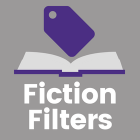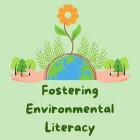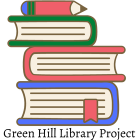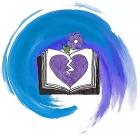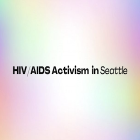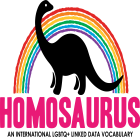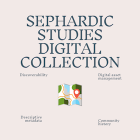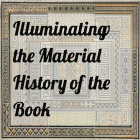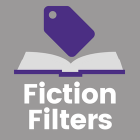
Fiction Filters: Crowdsourcing Website
Fiction subject tagging in libraries is largely ineffectual for a variety of reasons—e.g. a lack of robust, open-access vocabularies, the difficulty and time commitment of assessing the contents of fiction, and unsuitable software. In partnership with Fiction Filters: Taxonomy for Adult Fiction, who created our core vocabulary of tags, we created a website in which users tag previously read books in subject areas such as character traits and tropes, using their own or pre-existing tags. This gives power to readers to highlight what they find most important and appealing about books, browse by personal interests, and filter out unwanted content.

